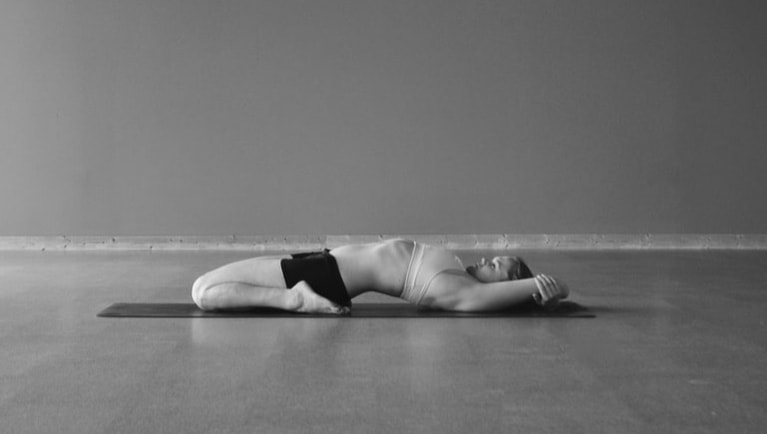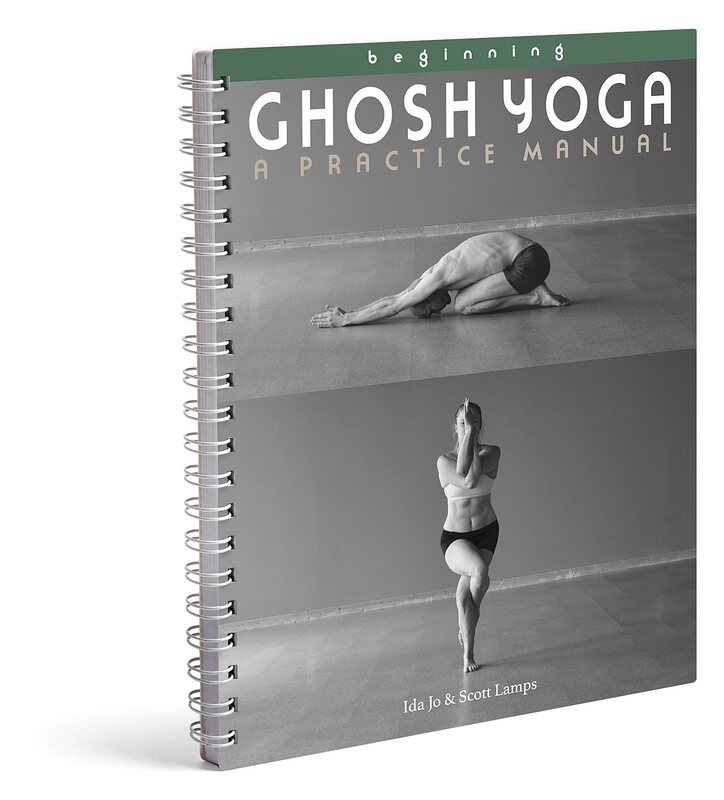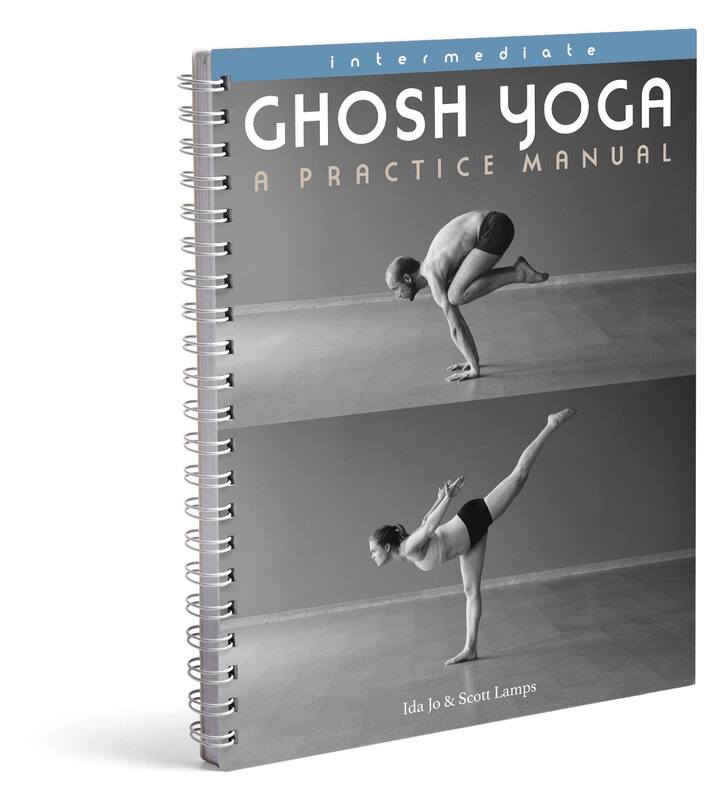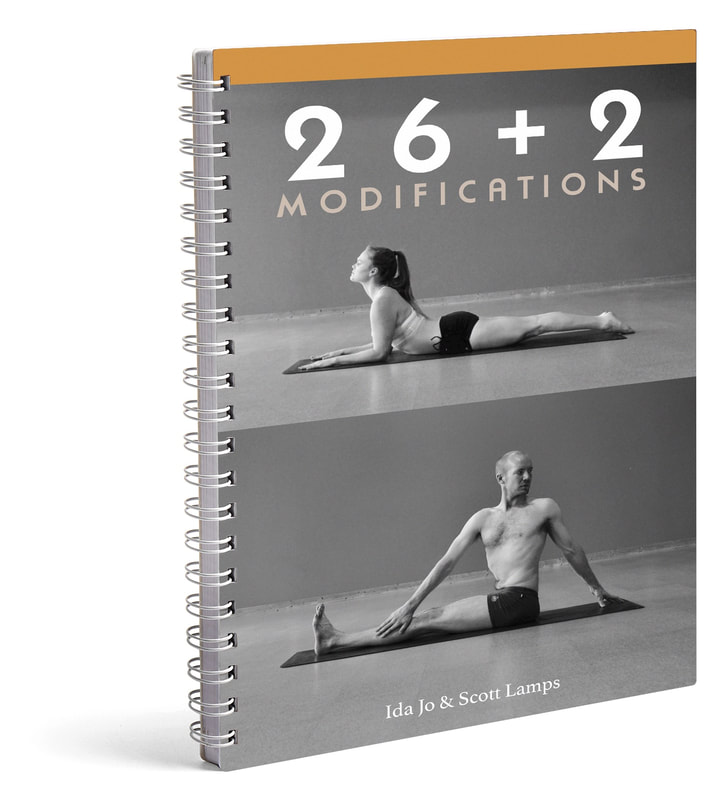|
Navigating the yoga world can be frustrating. There are so many different styles and so much history underpinning the practices. Not everyone thinks that yoga's history is important, but many find value in the traditions. If you are someone who cares about — or wants to care about — yoga's history and traditions, here are four important concepts, explained as simply as we can.
VEDA The word Veda (pronounced vay-duh) means 'knowledge'. This is the name given to the sacred scriptures of Brahmanism/Hinduism. Sometimes these traditions (like Hinduism) are even called Vedic religions because they are largely defined by their reverence for these holy books. The Veda is considered to be revealed knowledge, meaning that it was not written or composed by a human. It was simply written down by humans, sages with special abilities of sight. The knowledge within is thought to be universal, eternal wisdom, something akin to 'the word of God'. UPANISHAD The Upanishads are the last group of books in the Veda. It can help to think of them like the New Testament of the Christian Bible. They are grouped with the rest of the Veda as revealed knowledge, but they present a somewhat different view of the world and spiritual effort. The Upanishads introduce an internal spiritual path, where rituals are carried out in one's own heart rather than externally. This is also where the concept of 'yoga' is introduced, an inward linking of one's awareness to the infinite consciousness within. YOGA Yoga means 'linking' or 'harnessing'. In the Upanishads, where the concept of a spiritual practice named 'yoga' first arises, it refers to linking our awareness within rather than to the world outside. At other times, in more God focused traditions, yoga can refer to linking one's awareness or being with God. In medieval systems of hathayoga, abstract concepts of non-duality became common. Much like the concept of yin and yang, where two opposing forces combine to create balance, yoga could mean the balance of male-female, sun-moon, hot-cold, etc. In this way, many people now define yoga as 'union', which usually refers to some sort of balance or non-duality. In the modern West, most will relate yoga to a physical routine of stretching and relaxation. This type of yoga is pretty new, about a hundred years old. HATHA Hathayoga developed about a thousand years ago. It was a method of using the body to force an effect on consciousness. This is probably why it was called hatha, which means 'force'. A more poetic explanation of hatha developed a little later: it is the union of masculine (ha) and feminine (tha). Much like 'yoga', above, this understanding appeals to balance and unity. In the last couple hundred years, hathayoga has taken on the meaning of 'any physical practices, like postures or breathing'. As such, a lot of modern yoga refers to itself as hathayoga. But modern yoga is a pretty new phenomenon, quite different in practice and belief from the hathayoga of 500 years ago. So most scholars hesitate to call modern yoga hathayoga, instead adopting other labels, like neo-hathayoga or modern postural yoga.
1 Comment
Scott blogs about his experience researching and writing a dissertation on Yoga Studies at SOAS. You can read all about the challenges he faced, how he'll choose topics in the future, and how he feels about the process. Read the blog here.
You can download his dissertation entitled Early Samādhi: Evolution & Meaning in the Nikāyas, Upaniṣads & Mahābhārata on Academia.edu here. |
AUTHORSScott & Ida are Yoga Acharyas (Masters of Yoga). They are scholars as well as practitioners of yogic postures, breath control and meditation. They are the head teachers of Ghosh Yoga.
POPULAR- The 113 Postures of Ghosh Yoga
- Make the Hamstrings Strong, Not Long - Understanding Chair Posture - Lock the Knee History - It Doesn't Matter If Your Head Is On Your Knee - Bow Pose (Dhanurasana) - 5 Reasons To Backbend - Origins of Standing Bow - The Traditional Yoga In Bikram's Class - What About the Women?! - Through Bishnu's Eyes - Why Teaching Is Not a Personal Practice Categories
All
Archives
May 2024
|








 RSS Feed
RSS Feed